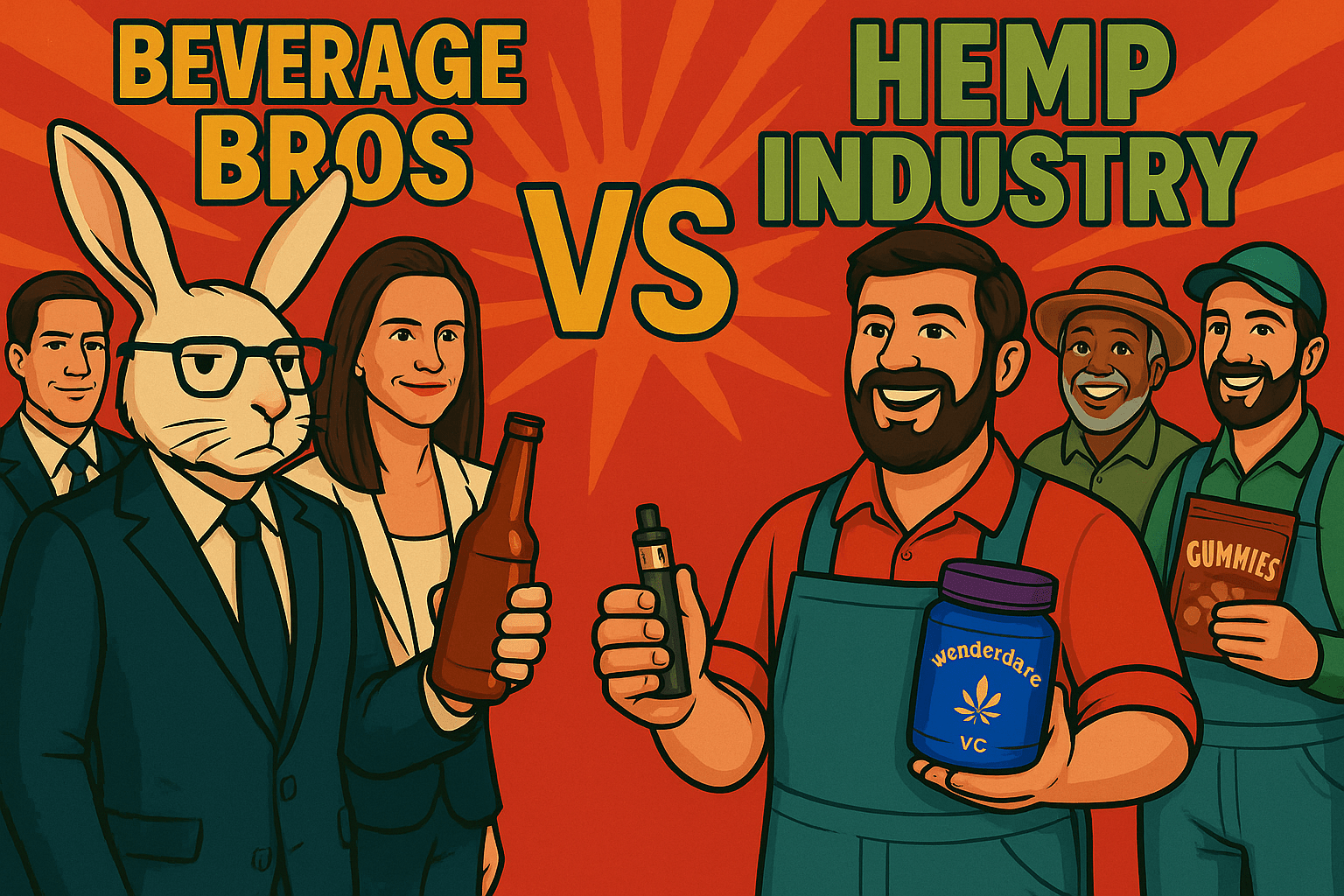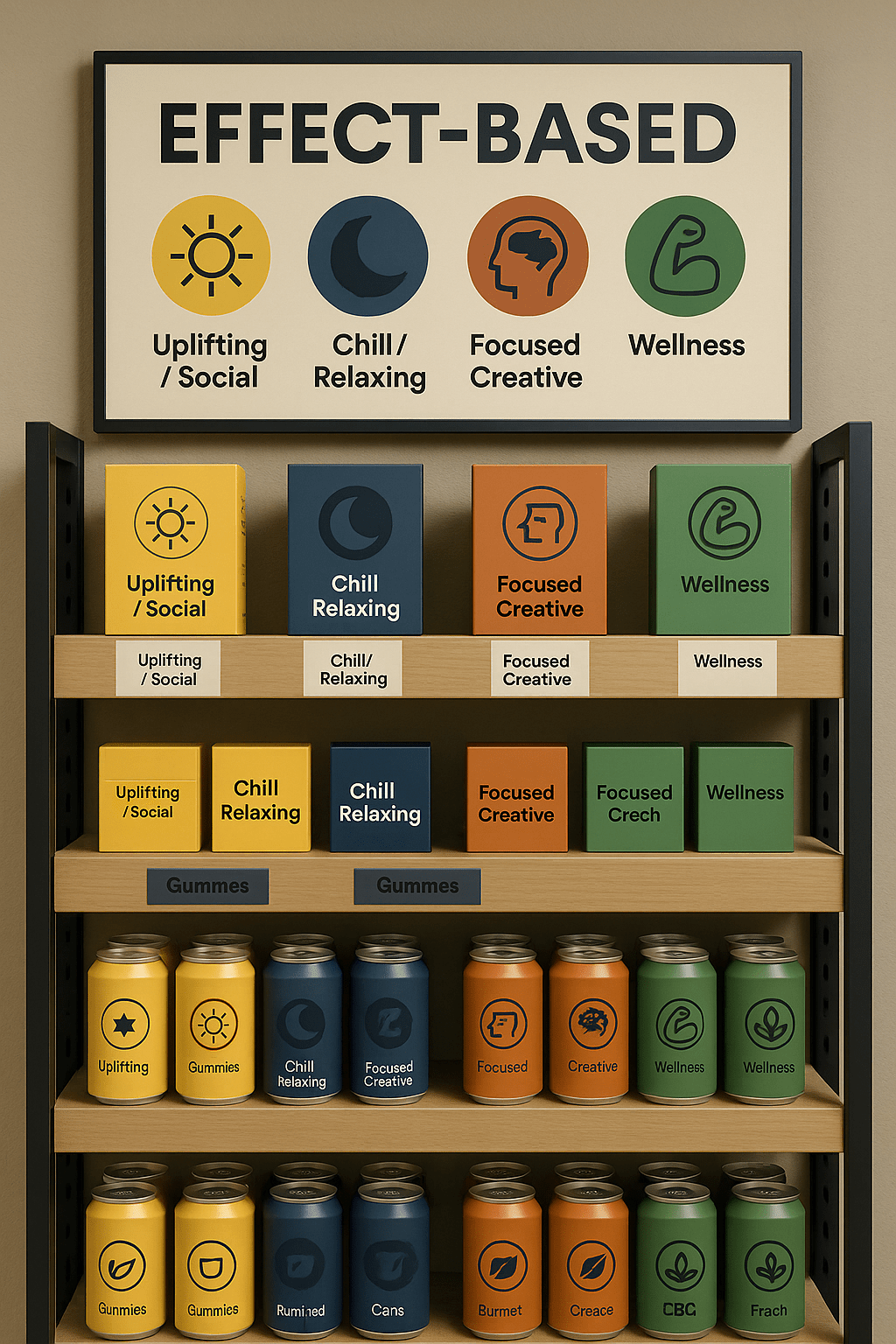In politics—especially in the cannabis and hemp space—what doesn’t get called out often gets carved in. Behind the scenes, bills are crafted, language is negotiated, and deals are cut—sometimes in good faith, but far too often with self-serving intentions. That’s why calling out the opposition, vague language, and exclusionary policies isn’t just an option—it’s a responsibility.
Silence Equals Consent
When advocacy groups or industry leaders stay silent while carve-outs are written to favor one segment of the industry (say, only beverages or only MSOs), that silence is interpreted as approval. Legislators assume there’s consensus. Lobbyists keep pushing. Before long, a one-sided bill becomes law—and the rest of the industry is left playing catch-up or shut out entirely.
If you don’t speak up, the opposition gets to write the story.
“Calling Out” Isn’t Drama—It’s Strategy
There’s a tendency, especially in tight-knit industries, to avoid conflict. Nobody wants to rock the boat or be seen as combative. But calling out isn’t about personal attacks—it’s about drawing attention to political realities.
When the opposition pushes bills that benefit only their product format, their investor class, or their distribution channel, they’re not building the industry—they’re building a moat. If you let that slide in the name of “unity,” you’re not preserving harmony—you’re enabling gatekeeping.
The most powerful advocacy comes from clarity, not compromise.
Repeating the Truth Is a Political Weapon
The “broken record” technique—repeating your message with calm, relentless consistency—is a foundational negotiation tactic. In advocacy, it’s even more potent. Repetition shapes public perception. If the truth about a bill, policy, or lobbying effort isn’t said clearly and often, it gets buried in the noise of PR spin and legal jargon.
Repetition keeps the truth alive, even when the opposition tries to bury it.
Thanks to the training from Benedict Negotiation Seminars, the Nothing But Hemp team learned to apply these proven negotiation strategies to political advocacy—staying focused, emotionally grounded, and relentlessly on message even when the opposition plays dirty.
Self-Serving Bills Hurt Everyone
A bill that benefits only one sector—like a beverage-only hemp bill or a distributor-only cannabis carve-out—isn’t innovation. It’s protectionism. These types of laws:
-
Shut out small businesses and independent brands
-
Reduce product diversity and consumer choice
-
Centralize power in the hands of a few
-
Set dangerous precedents for future legislation
The long-term impact? A fragmented, unequal industry that looks more like Big Tobacco than the inclusive, innovative cannabis space we’ve all fought to build.
Calling Out = Protecting the Future
When advocates speak up, they do more than fight a bad bill—they set the tone for what kind of industry we’re building. One where fairness, transparency, and access matter—or one where quiet deals behind closed doors define the rules of the game.
Advocacy isn’t about being liked. It’s about being effective.
If you’re in this industry and you see bills designed to exclude entire categories like edibles, shooters, or topicals—say something. If you notice the opposition pushing language that only benefits their investor-backed brand—say something. If you’re told to “just go along with it”—don’t.
We don’t owe silence to people trying to monopolize this space.
We owe accountability to the plant, to the consumers, and to every business that’s trying to do things right.
Thanks again to Benedict Negotiation Seminars. Without that training, our team wouldn’t be as equipped to stand firm, stay clear, and push back with purpose. Because in this industry, silence isn’t just dangerous—it’s expensive.








































